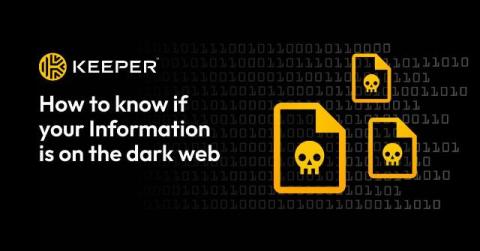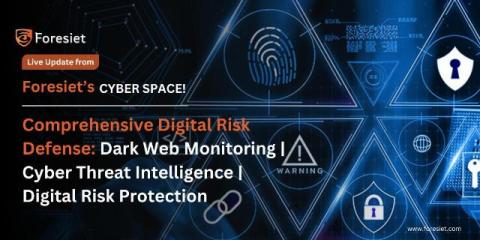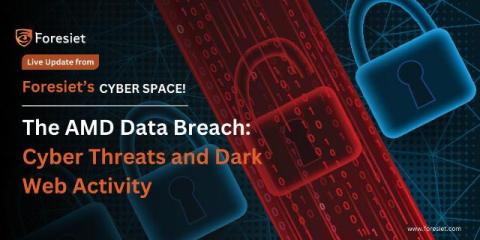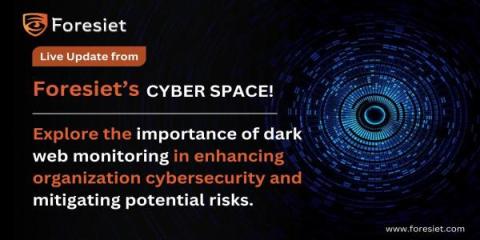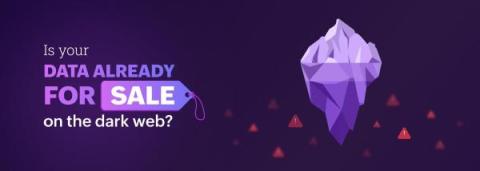Deep And Dark Web Monitoring for Business: Uncovering Hidden Risks
With tens of thousands of potential threats lurking in remote corners of the deep and dark web, organizations are increasingly at risk of being targeted by cyber attackers or having their sensitive information traded or leaked online. Deep and dark web monitoring enables businesses to safeguard their digital assets and accelerate visibility of online threats, protecting their brand and reputation.




